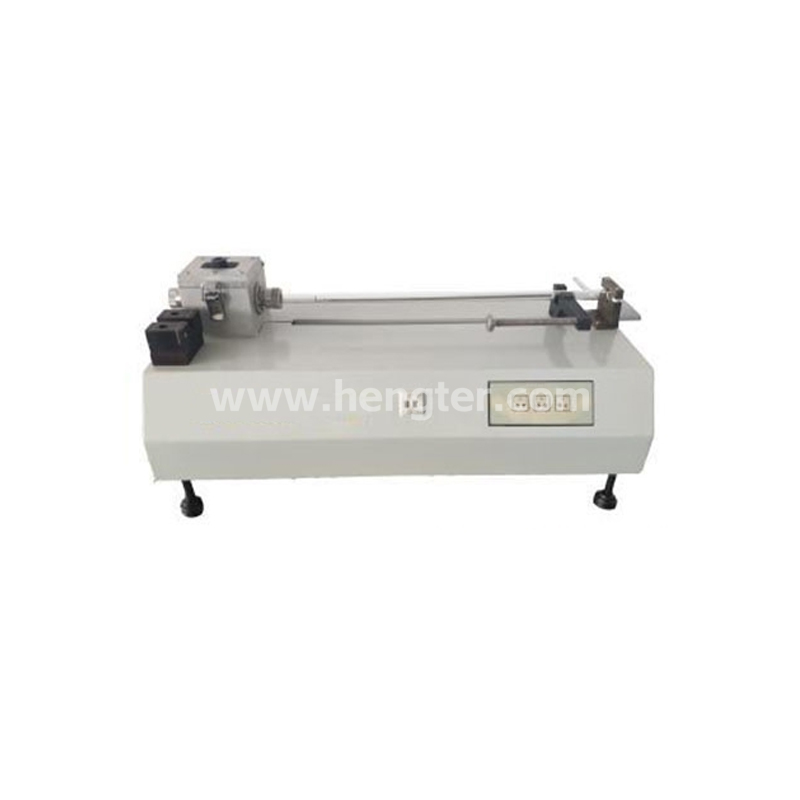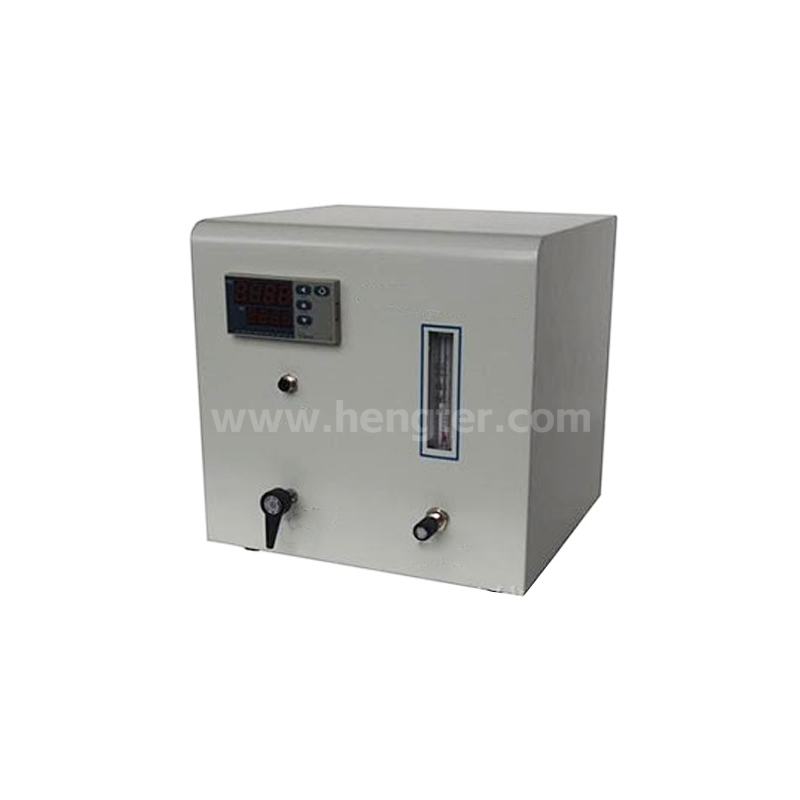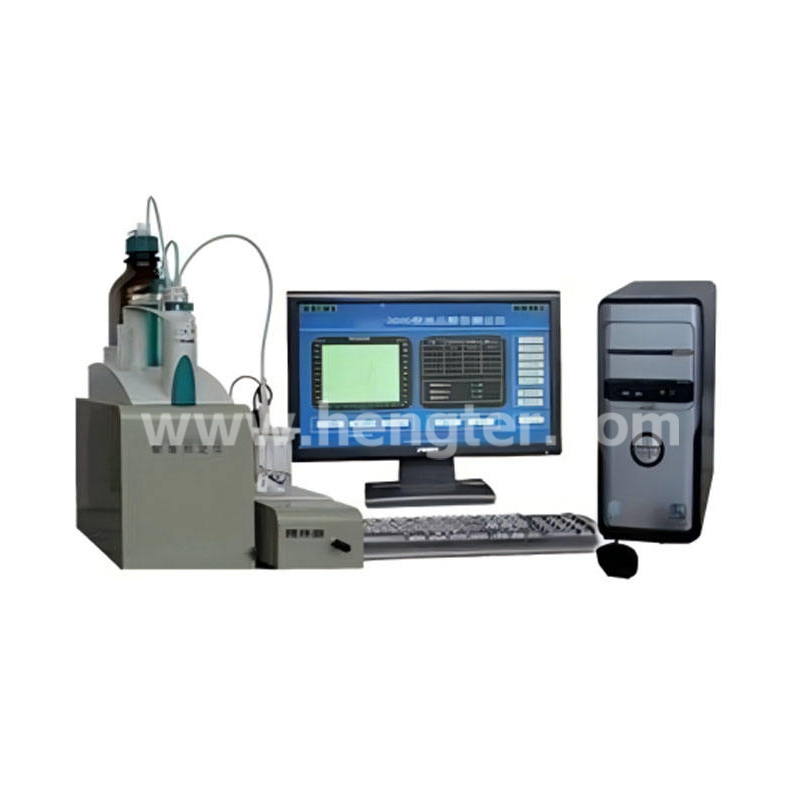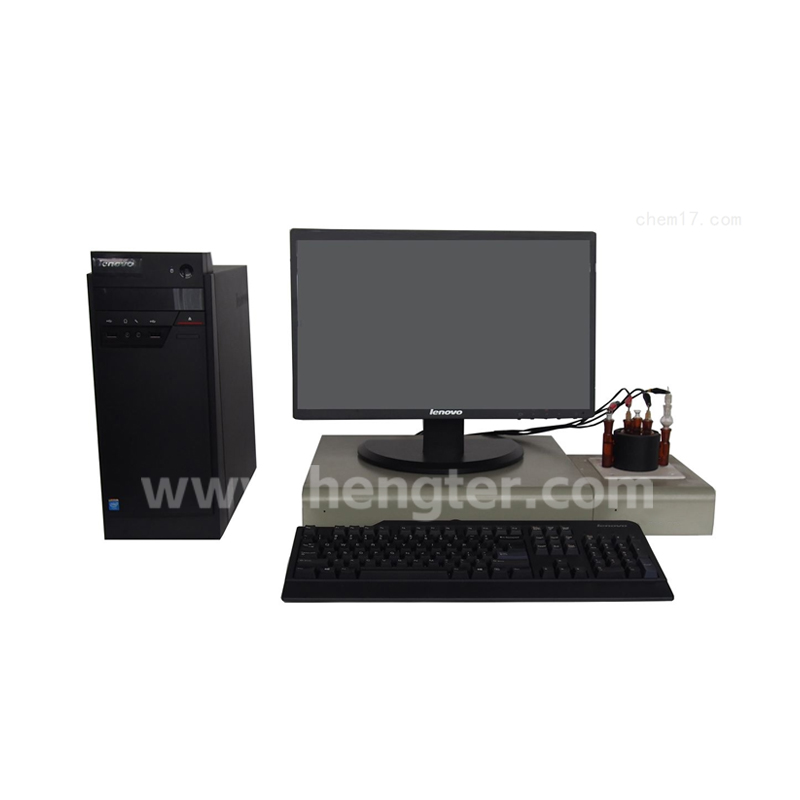The HTKL-3000 microcoulometric sulfur and chlorine analyzer is the latest product that applies microcoulometric analysis technology and adopts computer-controlled microcoulometric titration. It features reliable performance, simple operation, good stability, and easy installation. It can be used for the analysis of trace sulfur and chlorine in petrochemical products and is widely applied in petroleum, chemical industry, scientific research and other sectors.
Applicable standards:
SH/T 0253 Method for Determination of Total Sulfur Content in Light Petroleum Products (Coulometric Method)
SH/T 0222 Method for Determination of Total Sulfur Content in Liquefied Petroleum Gas (Coulometric Method)
ASTM D3120 ASTM D3246 Test Method for Determination of Sulfur in Petroleum Gas by Oxidative Microcoulometry
GB/T 11060.4-2017 Determination of Sulfur Compounds in Natural Gas – Part 4: Determination of Total Sulfur Content by Oxidative Microcoulometry
SY/T 7508-2016 Determination of Total Sulfur in Liquefied Petroleum Gas from Oil and Gas Fields – Oxidative Microcoulometry Method
GB/T 6324.4-2008 Determination of Trace Sulfur in Organic Liquid Products – Microcoulometry Method
GB/T 12688.6-1990 Determination of Trace Sulfur in Industrial Styrene – Oxidative Microcoulometry Method
GB/T 11141-2014 Determination of Trace Sulfur in Light Olefins – Oxidative Microcoulometry Method
GB/T 3208-2009 Microcoulometric Determination Method for Total Sulfur Content in Benzene Products
SH/T 1757-2006 Determination of Organic Chlorine in Industrial Aromatics by Microcoulometry
SH/T 1147-2008 Determination of Trace Sulfur in Industrial Aromatics – Microcoulometry Method
ASTM D5808-18 Test Method for Determination of Organic Chlorine in Aromatic Hydrocarbons and Related Compounds by Microcoulometer
ASTM D5808-09a Standard Test Method for Determination of Chlorine in Aromatic Hydrocarbons and Related Chemicals by Microcoulometric Analysis
ASTM D5194-18 Test Method for Trace Chlorides in Liquid Aromatics
GB/T 18612-2011 Determination of Organic Chlorine Content in Crude Oil
ASTM D4929-2017 Test method for determining the content of organic chlorine in crude oil
YB/T 5022-2016 Crude benzene sulfur and chlorine detection
SY∕T 7329-2016 Method for Determination of Organic Chlorine Content in Oilfield Chemicals
HTKL-3000Parameters of Microcoulometric Sulfur and Chlorine Analyzer:
Bias range:0 ~ 500mv
Types of samples: liquid, solid and gas
Measurement range:S:0.1 ~10000 PPM(High concentrations can be diluted, and low-concentration gas samples can reach 0.01mg/m³)
Cl:0.1~10000 PPM(High concentration can be diluted)
High concentration can be diluted1000℃
Temperature control accuracy: ±1℃
Gas source requirements: industrial nitrogen, industrial oxygen
Power Supply:AC220V±22V,50Hz±0.5Hz
Power:3.5KW
Overall dimensions:700×480×540(mm)
Weight:46kg
measurement accuracy:
| concentration value (mg/L) | RSD(%) |
| <1.0 | 20 |
| 1~10 | 8 |
| >10 | 4 |
Advantages of HTKL-3000 Microcoulometric Sulfur and Chlorine Analyzer
1、Integrated structure, compact design, and attractive appearance。
2、Controlled by a computer, with a color liquid crystal display showing peak shapes。
3、Automatic data processing and report printing output。
4、PID regulation has high control precision (±1℃)。
5、Cracking furnace over-temperature protection, long service life (service life of more than 3 years)。
6、The stirrer is integrated with the main machine to prevent the quartz tube from being stuck and broken.。
7、The heat preservation and heat dissipation settings of the high-temperature furnace have a good effect.。
8、It has a self-check function, which can automatically determine whether it is a hardware fault or an analysis system problem.。
9、The experimental temperature of the cracking furnace is set, controlled, and saved by a computer.。
10、The adjustment of bias voltage is automated. Just set the target bias voltage, and it will be adjusted automatically without supervision.

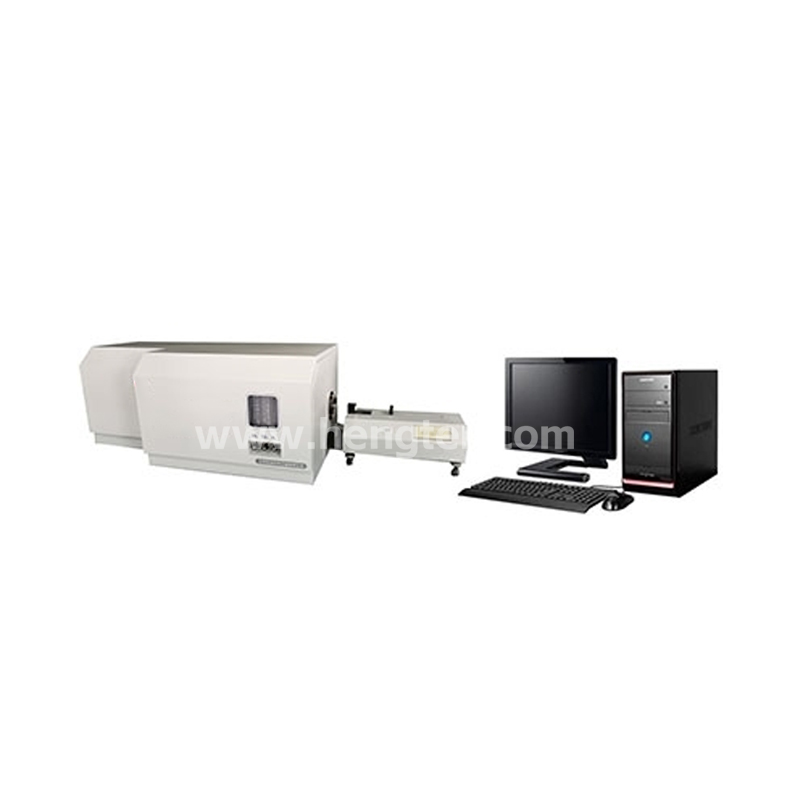

 Contact form
Contact form